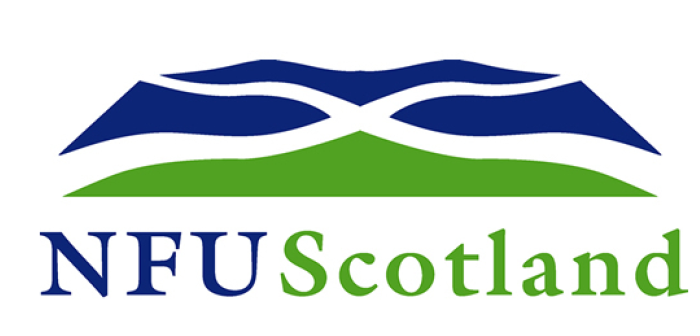As the EU decision on whether or not to re-authorise the herbicide glyphosate approaches, NFU Scotland is calling on Scottish farmers to get the message out on how important this plant protection product is and why it must be re-authorised for a full 15 years, including for use pre-harvest.
NFU Scotland’s #GlyphosateIsVital campaign was launched by its Presidential team at McGregor Farms in Coldstream in the Scottish Borders. This arable farm, like the vast majority of arable and livestock farms across Scotland, relies heavily on glyphosate to control weeds, manage harvests, and reduce grain drying costs.
In 2016, glyphosate was re-authorised for 18 months rather than the 15 years the UK farming unions, including NFU Scotland, and wider agricultural industry had called for. The unions stated at the time that there was no well-reasoned scientific argument to hold back a full re-authorisation of glyphosate. However, the decision-making process regarding the use of glyphosate had become highly politicised.
Previously the European Food Safety Authority (EFSA) and World Health Organisation (WHO) had both said it was unlikely to cause cancer. Whilst this conclusion was not shared by the International Agency for Research on Cancer (IARC), it has recently been upheld by a major report from the European Chemical Agency (ECHA).
Given that glyphosate has now been given as much of a clean bill of health as any plant protection product is likely to get, and given its fundamental importance to farmers across Scotland, NFU Scotland is calling on its members to get involved in the effort to ensure that it is re-authorised for a full 15-year period when it is considered again by EU member states and institutions later this year.
NFU Scotland President, Andrew McCornick commented: “Glyphosate has received a clean bill of health from the European Food Safety Authority, European Chemicals Agency, World Health Organisation, and the Food and Agriculture Organisation of the United Nations. This scientific consensus means that if regulation of plant protection products in the EU is to have any credibility at all, glyphosate must now be re-authorised for a further 15 years – including for pre-harvest use.
“Whilst the Union has written to all Scottish MEPs to encourage them to support the re-authorisation of glyphosate, it would be invaluable if these MEPs also heard directly from farmers who use glyphosate about what it means for them. That message could be delivered even more powerfully if farmers were able to get MEPs on farm to discuss the issue. I encourage all Scottish farmers who want to see glyphosate remain in their toolbox to contact their MEP as soon as possible.
“It is also important that these messages are being spoken about on social media. NFU Scotland will be making its case on social media, using the hashtag #GlyphosateIsVital, and I encourage others to do the same.
“Let your MEPs and the European Commission know how important glyphosate is for you, and don’t assume someone else will be do doing it so you need not bother. As a farming community we need to speak up for glyphosate, so please do your bit.”
Colin McGregor, of McGregor Farms, an arable farm near Coldstream said: “My business is founded on attention to detail and doing things right. Alongside doing my part for the environment and taking care of my soils, I need to be able to grow and harvest my crops in the best condition.
“Glyphosate is fundamentally important for me. It helps me maintain good yields and to use less fossil fuels to dry the crops and keep them in good condition. Glyphosate is a safe and invaluable tool for farmers and it is vital that it remains in our toolbox.”




